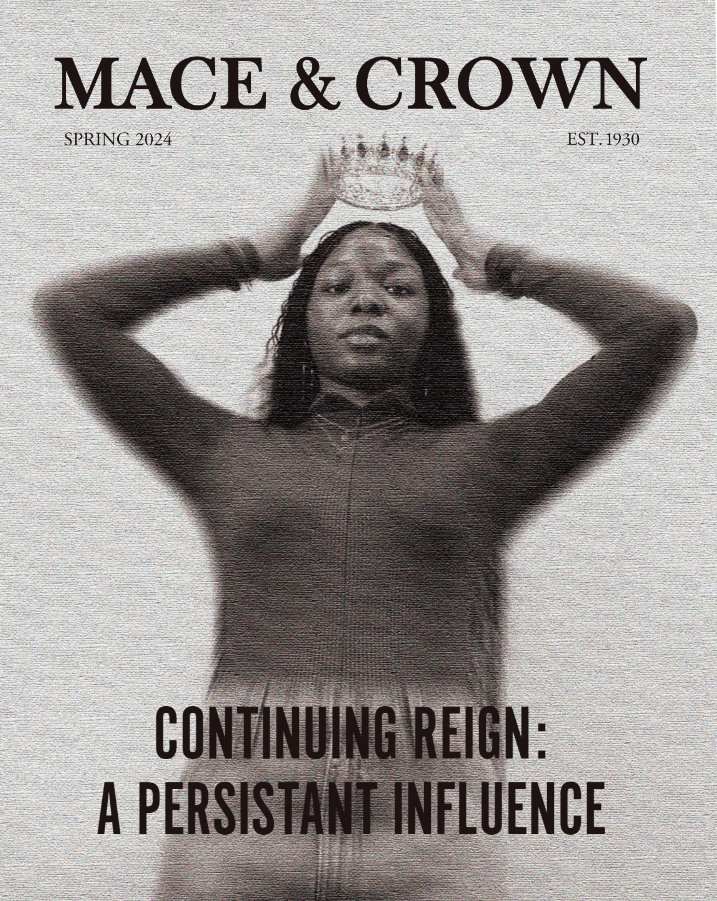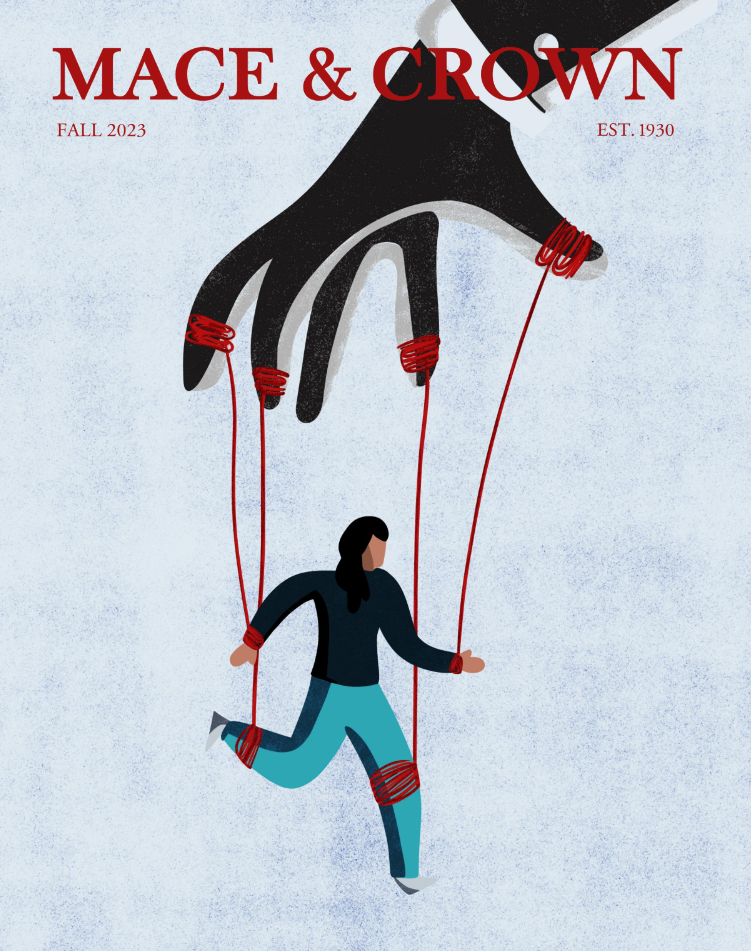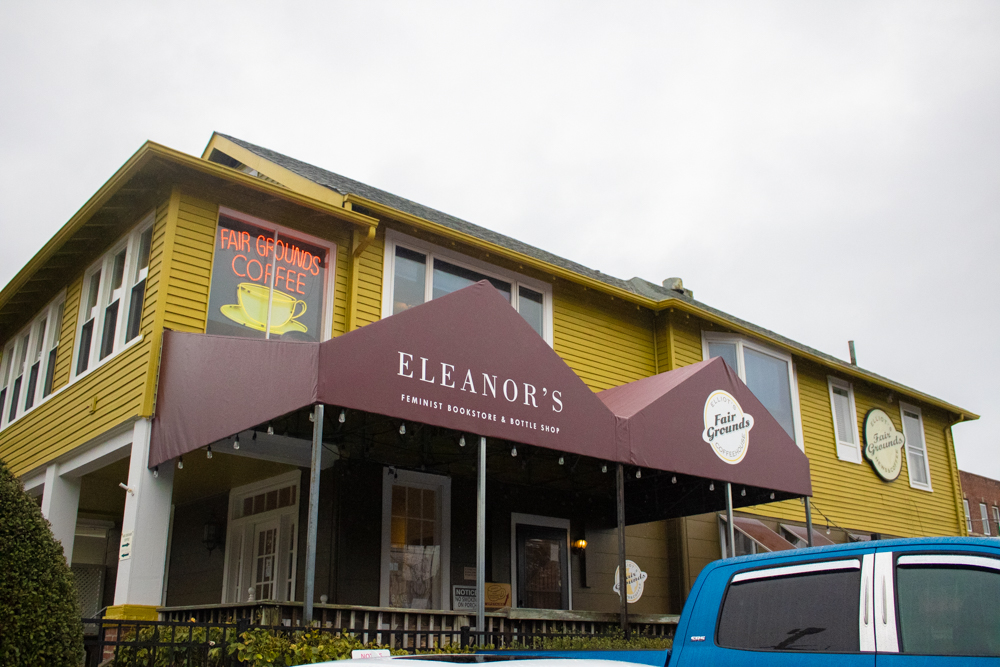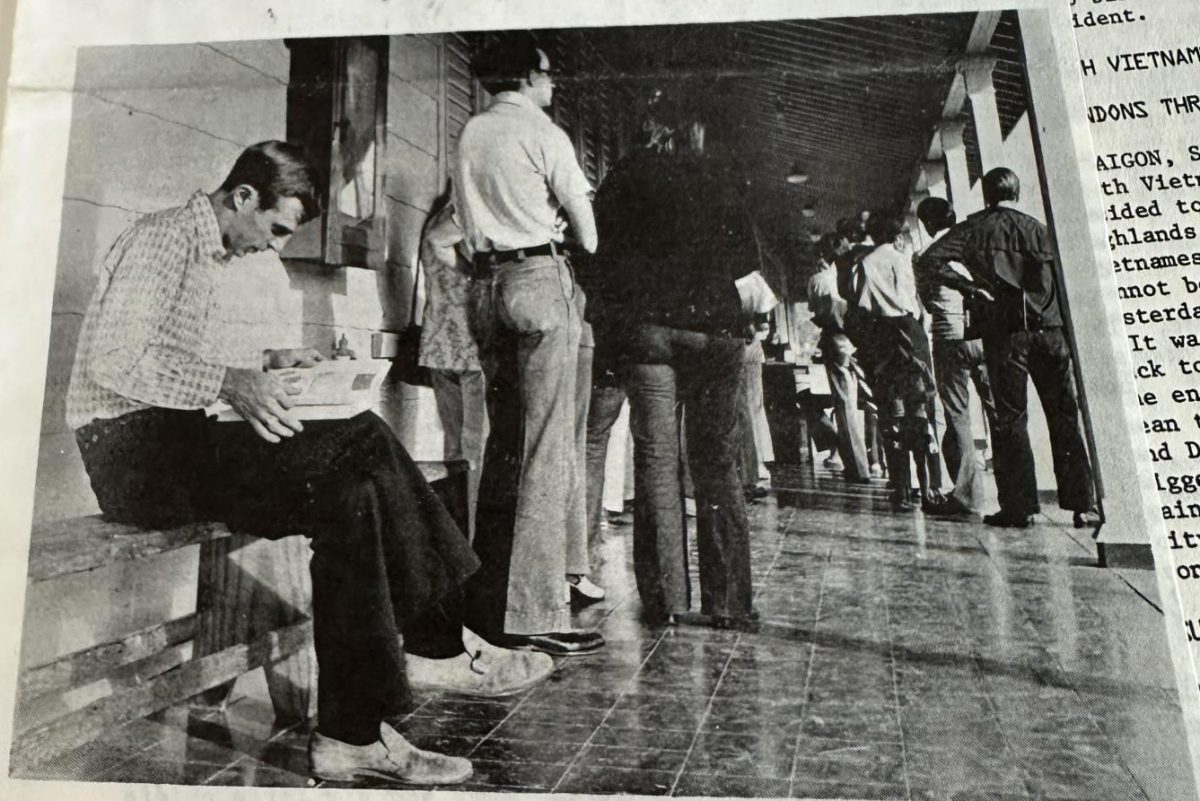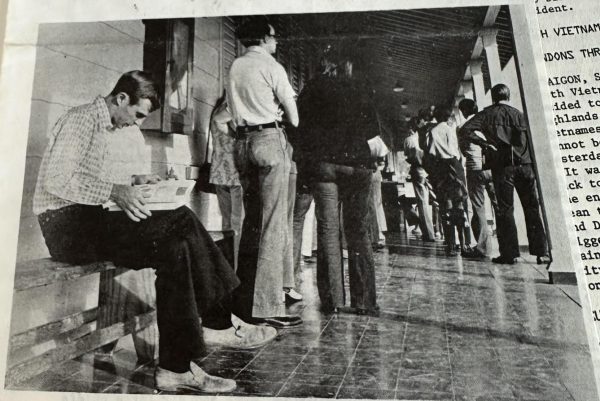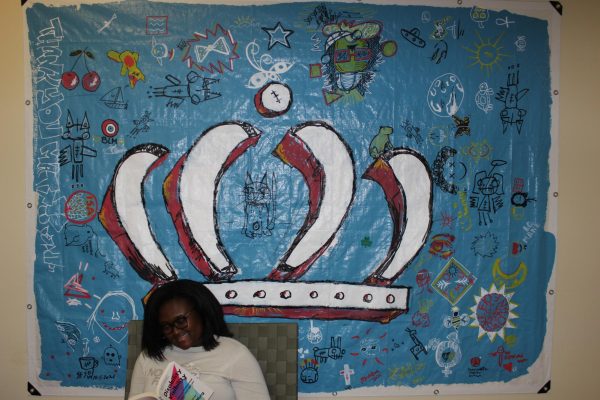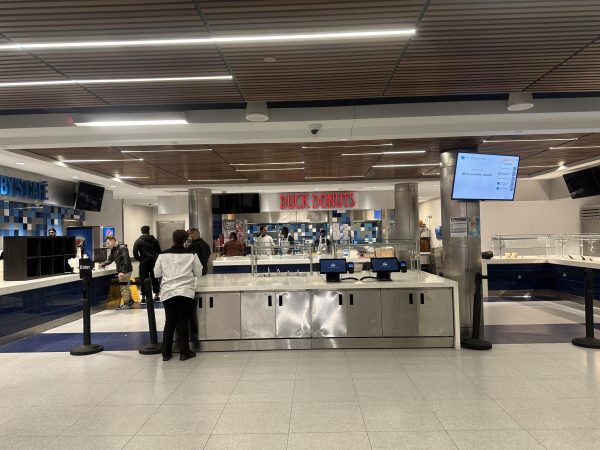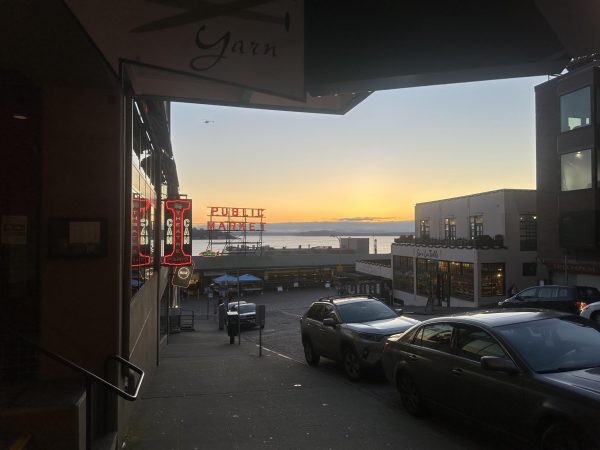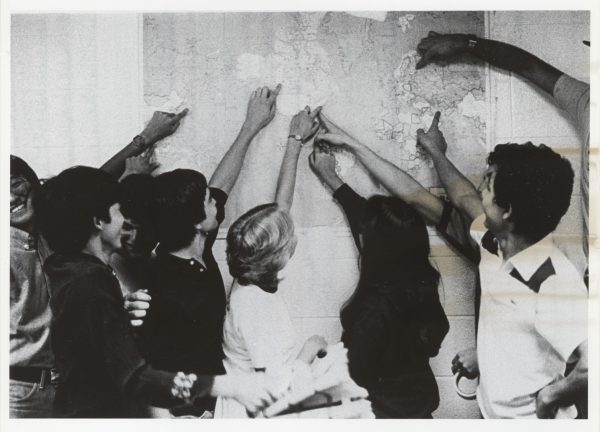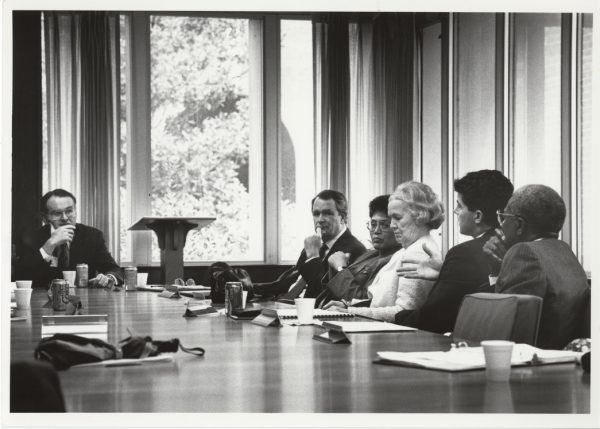Campus Accessibility: ODU’s Complex Response to Disability Accommodations
April 26, 2023
“Kaufman and MGB [Mills Godwin Building] Elevators Out of Service Beginning 11/14/2022” reads the student announcement email that has been sent daily to over 23,000 students for the past several months.
The elevator in the Mills Godwin Building is expected to return to operation in late March 2023, and the elevator in Kaufman Hall is expected to be back in service towards the end of May.
The email highlights a persistent issue at ODU: accessibility.
Last October, in a public forum held by President Brian Hemphill, student Mya Godwin pointed out that many handicap ramps on campus are inoperable, and the handicap lift in the Batten Arts and Letters Building had been unusable for weeks.
Months later, problems remain, with many automatic doors across campus regularly breaking down and some ramps continuing to be inaccessible.
Allie Metzger, ODU freshman, has ADA accommodations for her learning disability and autism. She had a 504 plan in high school and was easily able to transfer her learning plan and get additional help from the Office of Educational Accessibility.
She wishes that ODU placed more of a priority on disability awareness, so that more people were aware of the resources they could use.
“I feel like the resources that the accessibility office has or even the accessibility center, they’re not really talked about that much. It could be as simple as sending out an email listing resources, or having fliers… The resources for disabled people aren’t readily available, in my opinion, for people to commonly stumble across them.”
Eugneya Guinn-Bailey, ODU junior, said that she feels that ODU is “pretty responsive” when it comes to applying for accommodations. She has several disabilities which stem from having brain cancer; a balance disability that requires her to use a wheelchair, and vocal disabilities.
Despite how responsive ODU is, she also has issues with sidewalk accessibility on campus.
“Re-evaluate all ramps and sidewalk access,” Guinn-Bailey said. “There were way too many things and places I [have] to avoid. Start with the sidewalk access at the monorail on the side opposite of the dorms and/or any ramp at the Webb.”
She feels that while ODU is hands-on in accessibility plans, improvements could be made on campus, by placing the priorities and needs of people with disabilities first and designing with accessibility in mind.
“The automatic doors that are an issue that seem widespread, or the fact that the elevators keep going out,” said Metzger.
“ODU does a very poor job of managing physical disabilities,” she said.
“A lot of the automatic doors will just not work on occasion, especially the one at the Pod Market on the Quad. If you push the button it does not open. … It’s a very heavy door. So if you’re in a wheelchair and you have to open the door it’s pretty much impossible to get in there because of the amount of force it takes. And of course the Pod is on kind of a slight incline. And also the Diehn Music Building, on the front entrance there is no automatic door, the side door does have one, but not all of the entrances do. And the ramps that we do have [like at the Webb Center], some of the bricks around the ramp area itself are kind of uneven. … It’s hard for wheelchairs to go up those ramps.”
ODU has a tumultuous past with following ADA guidelines accommodating people with disabilities.
In 2021, ODU settled a lawsuit filed by a graduate student claiming ODU discriminated and retaliated against her based on a reasonable accommodation request.
After the student requested reasonable accommodations for her disability, the United States Justice Department found that ODU ended the working relationship that the student had with her professor and advisor, separated her from ongoing participation in research, and withdrew her participation in a professional conference. She had to change her course of study and find a new advisor.
I tell my friends this: I didn’t come [to ODU] for the administration, I came for the teachers.
— Allie Metzger
Under the Americans with Disabilities Act (ADA), individuals with disabilities cannot be excluded or denied access to services, programs, and the activities of a public institution.
“Students should never have to choose between their right to request reasonable modifications of policy for their disabilities and their academic success,” said Gregory Friel, deputy assistant attorney general of the Justice Department’s Civil Rights Division.
“This agreement reflects the critical role colleges and universities — and their faculty and staff — play in delivering on the promise of the ADA and Section 504. By working in good faith with students to provide reasonable modifications of policy, colleges and universities can ensure that students with disabilities have full and equal access to educational opportunities at the highest levels of academic achievement.”
The terms of the settlement agreement required ODU to create and disseminate an anti-retaliation policy that explains ADA obligations to staff and faculty, and also required ADA training for all administrators, faculty, and staff. The graduate student was awarded $40,000.
“I tell my friends this: I didn’t come [to ODU] for the administration, I came for the teachers,” said Metzger. “On an individual level, ODU is very accommodating, … on a teacher to teacher basis, I would say teachers are very accommodating. But as a whole, the ODU campus and ODU administration isn’t necessarily disabled-friendly.”



